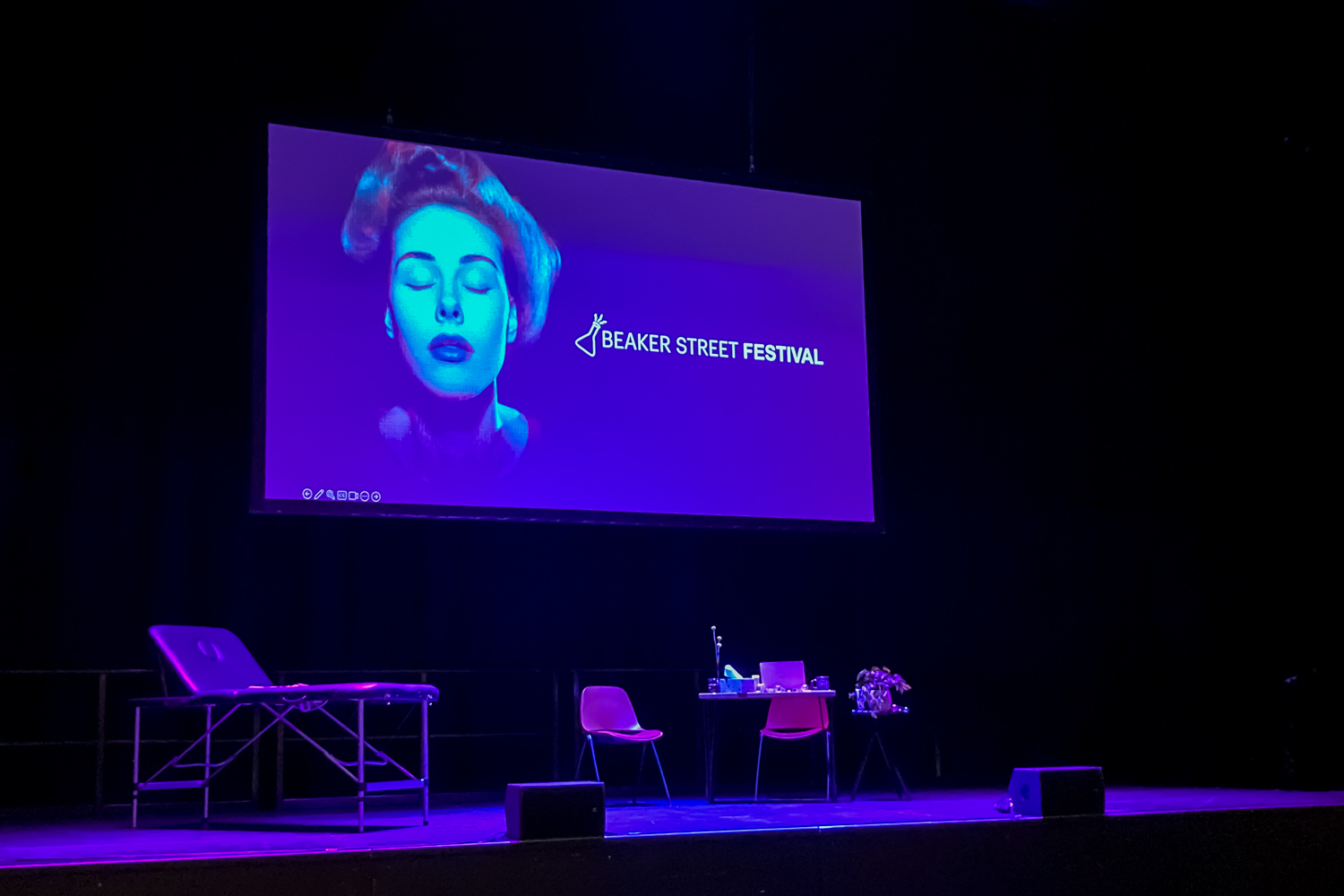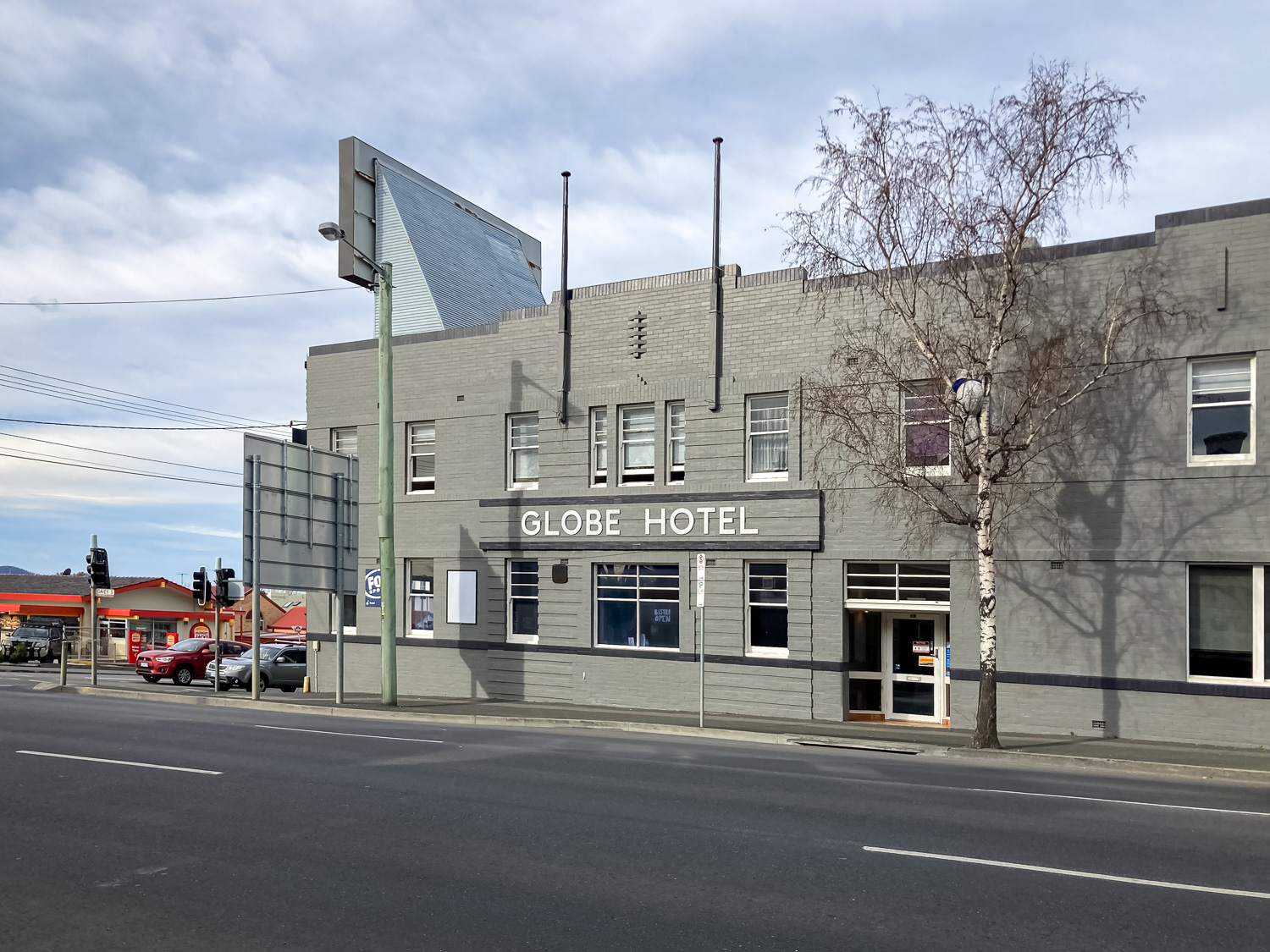Week 31/2023: Menopause in four acts
Week of 31 July 2023
An overwhelming week
Things have been getting intense. Lil Sis and I have been avoiding going through our mother’s place now that she’s no longer living there, but the time has now come where we have to do it.
I normally write each week’s post some time in the following week but the scale of this job, combined with taking on extra work at home because Slabs is still recovering from his surgery, has completely wiped me out.
So week 31’s post is this belated chat about many things menopause.
Menopause in four acts
In a break from sorting Mum’s place out on Saturday, Lil Sis and I went to the Theatre Royal to see a performance that was part of the 2023 Beaker Street Festival.
This was called Menopause in Four Acts, and featured the actor and radio presenter Jane Longhurst and Doctor Natasha Vavrek.
This is how Beaker Street promoted it
Do you randomly break out in sweats? Have you developed a particularly low tolerance for idiots? Is your vagina drier than a box of Weetbix? If you or someone you know is affected by menopause (hint: that’s all of us), you’ll find all the empathy and information you need right here.
Watch as award-winning actor Jane Longhurst tackles the many-thorned beast that is menopause, arriving newly embattled to a succession of appointments, as a series of different women. In her meetings with real-life women’s health doctor Natasha Vavrek, we’ll discover the science behind the symptoms and the numerous options for treatment.
I’ve become more conscious that I’m edging towards this life stage ever since I went to the optometrist complaining about not being able to see my phone. When I said to my GP a few weeks later, “And she said, ‘You’re getting to that age . . .'”, I expected the doctor to laugh sympathetically along with me. But instead, she said, “You are . . . ” and proceeded to outline all the implications of this, including the multitude of tests that accompany getting older.
Hooray?
So, since we’re both “getting to that age”, we thought it would be an interesting show and, with Jane on board, would be entertaining too.
Correct on both counts.
I can’t show you any photos because we weren’t allowed to take any, but I can show you the setup, which was in the Studio Theatre at the Theatre Royal. I like the layout there because the tiered seating is quite steep, so there’s a much lower chance of you not being able to see through the person in front of you as happens in some other theatres.
The setting was a doctor’s office, complete with examination table (!!!), where Dr Tash was waiting for her patient to arrive.

And it was, as described, four appointments with Dr Tash as Jane came in seeking advice on four of the most common issues surrounding menopause.
One of the aims of the session was to present information in an entertaining format, to raise awareness and to remind us that menopause is a totally normal thing that around 50 per cent of the population will experience. So the more we normalise it (because it is normal!) and talk about it like we’d talk about any other life stage, the less scary and “taboo” it becomes.
Perimenopause is the time leading up to the actual menopause event, which is the point 12 months after a person has had their last menstrual period. As Dr Tash put it, this is when your ovaries “retire” and stop producing eggs, and it all happens due to changes in your hormones, which can result in a truckload of other symptoms during the perimenopause years. Different people experience perimenopause in different ways, and the show looked at some of the main ones which usually, but not always, go away post-menopause as things start to settle down again.
I learned several things. First, hot flushes are called “hot flashes” in the US.
Menopause hormone therapy used to be called hormone replacement therapy. There are all sorts of inaccuracies floating around about this therapy and some people are reluctant to take it because of reported increased risks of particular types of cancer, including breast cancer. According to Dr Tash, the study that some of this was based on was invalid for a number of reasons, including the age of the participants. The general consensus now is that hormone therapy is safe if you start it before the age of 60 and that the benefits outweighs the risks.
Apparently, drinking two glasses of wine a day increases your breast cancer risk more than taking hormone therapy would.
The first two acts covered the physical symptoms of hot flushes and vaginal dryness, and Jane’s genitalia headwear in the second act got the biggest reaction from the crowd. I’m not sure how comfortable that would have been, or who had the task of making this costume, but it isn’t something we’ll forget in a hurry.
The third act was all about the wonderful mood swings, irritation and feeling ignored by everyone, and how to deal with that.
It’s a lot to deal with on top of the various physical symptoms that can make you extremely uncomfortable. I guess the main thing to take from this is that it’s normal and, horrible as it is, it generally doesn’t mean you have a mental illness or need medications. The best thing to do is speak to your doctor about your symptoms. Or find a doctor who specialises in menopause. There are some around, though I haven’t come across any!
In my current state of mind, I can’t tell the difference between what might be run of the mill stress responses to challenging situations, general crankiness, and potential perimenopausal anxiety. I guess time will tell.
It was a great show, very funny and I’m very grateful to Beaker Street for putting it on. It would be great if there were more conversations like this to help normalise a part of life that’s going to happen to a lot of us so we don’t feel like we have to apologise for experiencing a symptom, or have to explain it or brush it off was a joke when for so many people it isn’t a joke.
Week 31 summary
What was the best thing about this week?
Finding some interesting family history snippets from my mother’s files.
What did I notice this week?

What did I learn this week?
I went to a webinar about disability in the workplace and part of this was Stella Young’s excellent TED talk from 2014.
I really appreciated the discussion about the societal model of disability. This means it’s not the condition a person has that “disables” them but it’s the way the environment or society is constructed that prevents them from fully participating. This includes physical barriers that make spaces inaccessible, and systems and procedures that are designed by and for neurotypical people.
Given that about 25 per cent of us have some kind of disability, that’s a lot of people that are potentially excluded from things many of us take for granted.
We should be doing better.
What I’m reading this week
- The Perfectionist’s Guide to Losing Control by Katherine Morgan Schafler